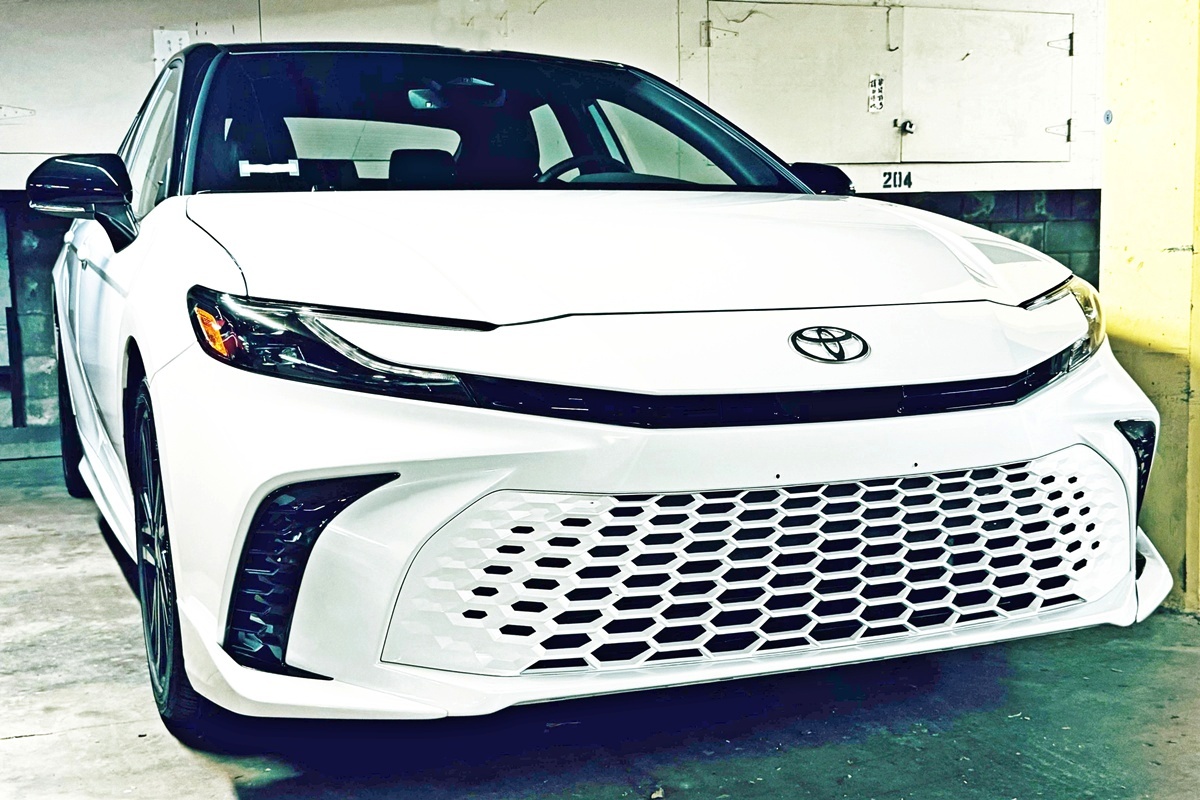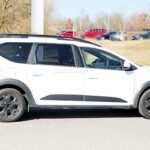
As the demand for hybrid vehicles grows worldwide, Toyota, the world’s leading hybrid brand, struggles with major supply chain delays. In key markets like India, Japan, and Europe, customers face delivery wait times of several months. Some buyers have even canceled orders after waiting for years.
The issue goes beyond limited production capacity. A significant shortage of magnets, essential components in hybrid motors, is disrupting Toyota’s entire production process. Experts say the situation may improve once Toyota’s North American factories are fully operational.

Hybrid Demand Skyrockets, Long Wait Times Become the Norm
Hybrid demand has soared in 2024, and Toyota is struggling to keep up. In regions with limited EV infrastructure, hybrids, combining gas engines with electric motors, are considered the best alternative. But production hasn’t kept pace with demand.
In India, wait times range from two to nine months, depending on the model. In Japan, delays stretch up to five months. In Europe, delivery times have doubled. Popular models like the Yaris Cross Hybrid and RAV4 PHEV are especially hard to find. One customer even canceled an order after waiting two and a half years.
The biggest problem is a shortage of magnets, which are crucial for hybrid motors. These parts, supplied by companies like Aisin and Denso, are stuck at different points in the supply chain, causing a ripple effect across Toyota’s production network.

Path to Normalizing Deliveries: U.S. Factory Expansion Could Be Game-Changer
Hybrid motors need high-performance magnets that are difficult to replace, making the shortage even more difficult to solve. Delays in the supply of inverters and other power-control devices further slow down hybrid system production.
Toyota stated that it is still on track to meet annual production targets, but this claim doesn’t match what many customers are experiencing. Experts warn that other markets could also be affected if supply chain issues continue.
One potential solution is Toyota’s new battery factory in North Carolina. Although it was initially built to produce batteries for EVs, it could also help ease supply bottlenecks for hybrid systems. Toyota plans to use this facility to stabilize supply in North America starting in 2025, but it may take several months before the effects are seen.
























